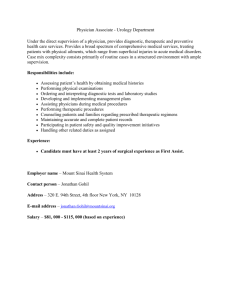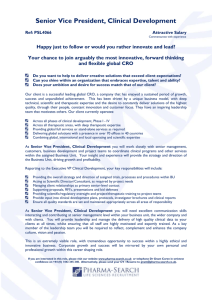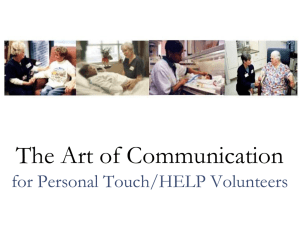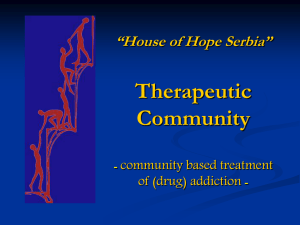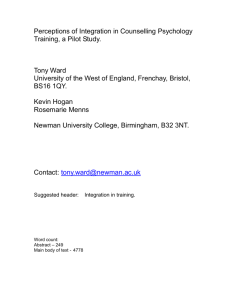core skills strand - CEDAR
advertisement
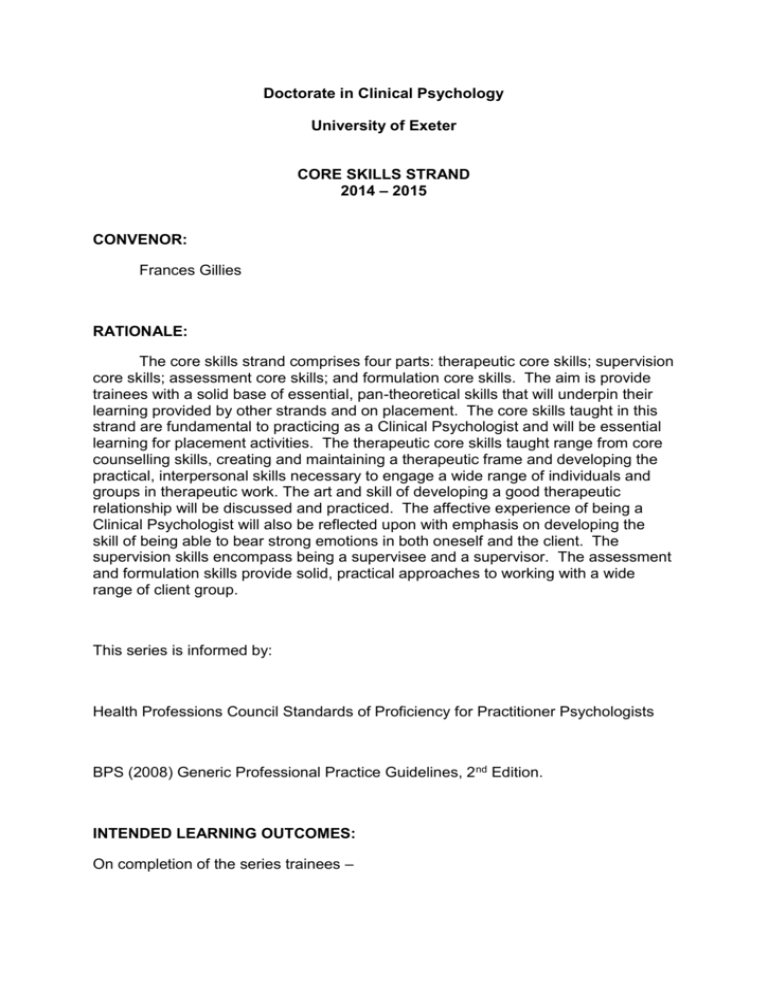
Doctorate in Clinical Psychology University of Exeter CORE SKILLS STRAND 2014 – 2015 CONVENOR: Frances Gillies RATIONALE: The core skills strand comprises four parts: therapeutic core skills; supervision core skills; assessment core skills; and formulation core skills. The aim is provide trainees with a solid base of essential, pan-theoretical skills that will underpin their learning provided by other strands and on placement. The core skills taught in this strand are fundamental to practicing as a Clinical Psychologist and will be essential learning for placement activities. The therapeutic core skills taught range from core counselling skills, creating and maintaining a therapeutic frame and developing the practical, interpersonal skills necessary to engage a wide range of individuals and groups in therapeutic work. The art and skill of developing a good therapeutic relationship will be discussed and practiced. The affective experience of being a Clinical Psychologist will also be reflected upon with emphasis on developing the skill of being able to bear strong emotions in both oneself and the client. The supervision skills encompass being a supervisee and a supervisor. The assessment and formulation skills provide solid, practical approaches to working with a wide range of client group. This series is informed by: Health Professions Council Standards of Proficiency for Practitioner Psychologists BPS (2008) Generic Professional Practice Guidelines, 2 nd Edition. INTENDED LEARNING OUTCOMES: On completion of the series trainees – 1. Will be able to evidence core counselling skills when sitting with clients such as summarizing, reflecting, active listening, holding the frame, contracting, respecting boundaries, be able to respond to breaks of the frame by both client and professionals. 2. Will be able to develop a good therapeutic relationship skillfully with a wide range of client(s) and other professionals. 3. Will be able to engage a wide range of client(s) in therapy with special attention to difficult to engage people and people with sensory impairments. 4. Will become skilled at noticing and understanding their emotional responses to clinical material. 5. Will become skilled at working with distress in clients and using grounding techniques where necessary or being able to allow a client to experience distress without shutting them down. 6. Will be able to work with endings including understanding their personal responses to endings. 7. Be confident about being able to work well as a supervisee. 8. Be confident about offering supervision to others. 9. Be able to provide a comprehensive assessment to a wide range of client groups including a good understanding of risk assessment. 10. Will understand how various models of therapy might offer different formulations for the same presenting problems. TEACHING/LEARNING METHODS: Trainees will be expected to adopt a flexible and curious approach to learning acquiring new knowledge and thinking that may be contrasting with previous knowledge. Trainees will be expected to reflect on their emotional responses to various situations and to be able to discuss these with peers. Teaching will be delivered through university lectures, locality-based reading, private study and problem based learning exercises. During university based teaching, there will be a mixture of didactic teaching, live supervision, audio and visual clinical material and reflective thinking. Trainees will be expected to use their own emotional responses when thinking about clinical material. TRANSFERABLE SKILLS: Trainees will be expected to use the skills learnt in this strand in all aspects of their clinical practice. They will also be expected to use knowledge of these skills when writing up clinical reports. COURSE CONTENT: Will be presented on ELE under Core Skills. ASSESSMENT: 1. Trainees will be expected to evidence knowledge of all the skills on this strand in their write ups of both the Problem Based Learning exercises and the Clinical Practice Reports. 2. Trainees will be expected to evidence these skills in practice on placement and so will be assessed through supervisors’ reports. KEY REFERENCES: Clarkson, P. (1995). The Therapeutic Relationship. London: Whurr. Gilbert, P. (Ed.). (2007). The Therapeutic Relationship in the Cognitive Behavioural Psychotherapies. Hove: Routledge. Gillies, F. (2010). Being with Humans. In M. Milton (Ed.), Therapy and Beyond: Counselling Psychology Contributions to Therapeutic and Social Issues. West Sussex: John Wiley & Sons. Norcross, J. C. (Ed.). (2011). Psychotherapy Relationships that Work (2nd Edition ed.). New York: Oxford University. Safran, J. D., & Muran, J. C. (2000). Negotiating the Therapeutic Alliance: A relational treatment guide. London: Guilford Press. Wampold, B. E. (1997). A meta-analysis of outcome studies comparing bona fide psychotherapies. Empirically, ‘All must have prizes’. Psychological Bulletin, 122(3), 203 - 215. Warburton, K. (1999). Establishing a therapeutic frame. In J. Lees (Ed.) Clinical Counselling in Context: An introduction. London: Routledge.
